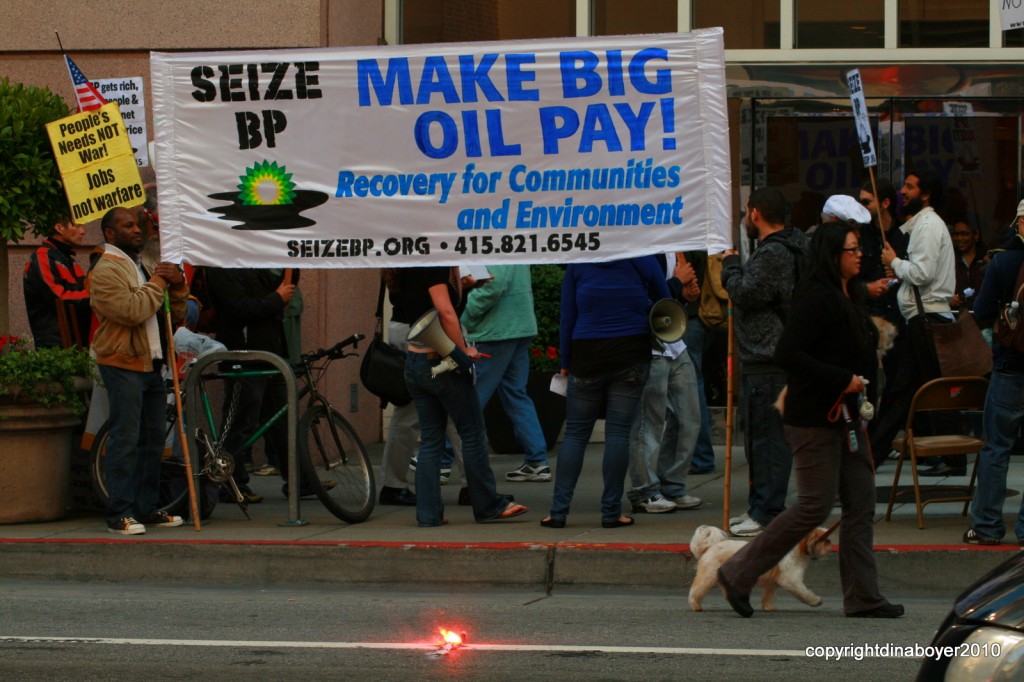That’s the one most common objection, from people who stumbled across one of our guest posts at Free From Broke, or Money Funk, or Len Penzo, or Credit Card Chaser, or 20sMoney, or Planting Dollars, or My Journey To Millions, or one of the other myriad places that’s been gracious enough to let us beat our chests with our unnuanced approach to building wealth. Yeah, sure, Greg McFarlane can turn a phrase and make me giggle, but why should I trust Betty Kincaid and him to advise me when Dave Ramsey is so earnest and reputable? And Suze Orman so brassy? And Clark Howard so breathtakingly sexy?
If you’re in your early 20s, have negative net worth, and have adopted the belief that debt is just an inevitable fact of life for your remaining decades, you need the book. If you’re adult enough to admit that you don’t know a blessed thing about money, you need the book. If you let someone else do your taxes every year, and isn’t because your finances are so ensconced in LLCs and S corporations that if takes a CPA to decipher your ability to maximize deductions and credits, you need the book. (You also need to start doing your own taxes, at least once.) If you work on Wall Street, dealing in conditional variance swaps and measuring third-order derivatives of the option value to volatility, you can probably skip the chapter on securities and head straight for the chapter on how to buy a car.
We wrote the book to eliminate guesswork for people who can’t be bothered to learn every nuance of someone else’s field of endeavor. Escrow, for instance. Say you’re about to close on a house. If you’re sitting across from an escrow officer who’s talking about proration schedules and title search indemnity, and you nod your head for fear of seeming clueless or unsophisticated, your pride will cost you money. Possibly lots of it.
If you reach that point, in that scenario, your only other option is to admit your ignorance and sit there as the escrow officer goes through every line from every one of the dozens of documents you have to sign. The proceedings will slow to the speed of evolution. It’ll take 5 or 6 hours to go through every contingency, and there’s no way you’ll be disciplined enough to sit through it all anyway.
Or, you can spend $10 or $14 (prices vary, usually downward) on the book. Then you’d know what to have asked the real estate agent and the mortgage lender weeks before you’d gotten to this point.
Tell us, right now: where do the deductions from your paycheck go? (Don’t say “the government”, that’s a D- answer.) How much goes to where? Does any of it ever get returned to you? And if so, then why did the government confiscate it from you in the first place?
Admit it: you probably don’t know. You don’t know what the acronyms stand for (FICA? COBRA?), nor do you know what percentage of your money you’re losing before you even get to touch it.
Are you the least bit interested in minimizing those deductions? In taking home a larger piece of what was yours to begin with? Then you need the book. Control Your Cash isn’t just a memorable and semi-mellifluous title. It’s, as the advertising drones say, a call-to-action. Put it this way: someone’s going to control your cash. If you’d rather it be someone other than you, you’re either a child or retarded.
We wrote the book because we couldn’t find all this stuff – bank accounts, credit scores, home buying, entrepreneurship – in one volume. In the words of Alan Schwarz, author of The Numbers Game and probably not the first author to articulate this thought, “This is the book I wanted to read, but no one had written it. So I did.”
And thus, a book that breaks down your 1040 form line-by-line without boring you into catatonia. A book that teaches you how to walk into a car dealership and treat that tobacco-stained salesman in the Men’s Wearhouse shirt and tie like the petty thief he is. A book that explains how, when and why to invest.
But not what and where to invest. Control Your Cash: Making Money Make Sense doesn’t recommend particular places to put your money. It just explains what those places are, because most people can’t begin to guess. The book teaches you how all the particular investment classes work, and what their potential pluses and minuses are. But what securities, real estate or bank instruments you choose to build your fortune with are your business.
We’ll teach you to drive. Whether you become Dario Franchitti or Chris Waffle is up to you and chance. But you don’t need to be the former to get where you want to go quickly and safely.




